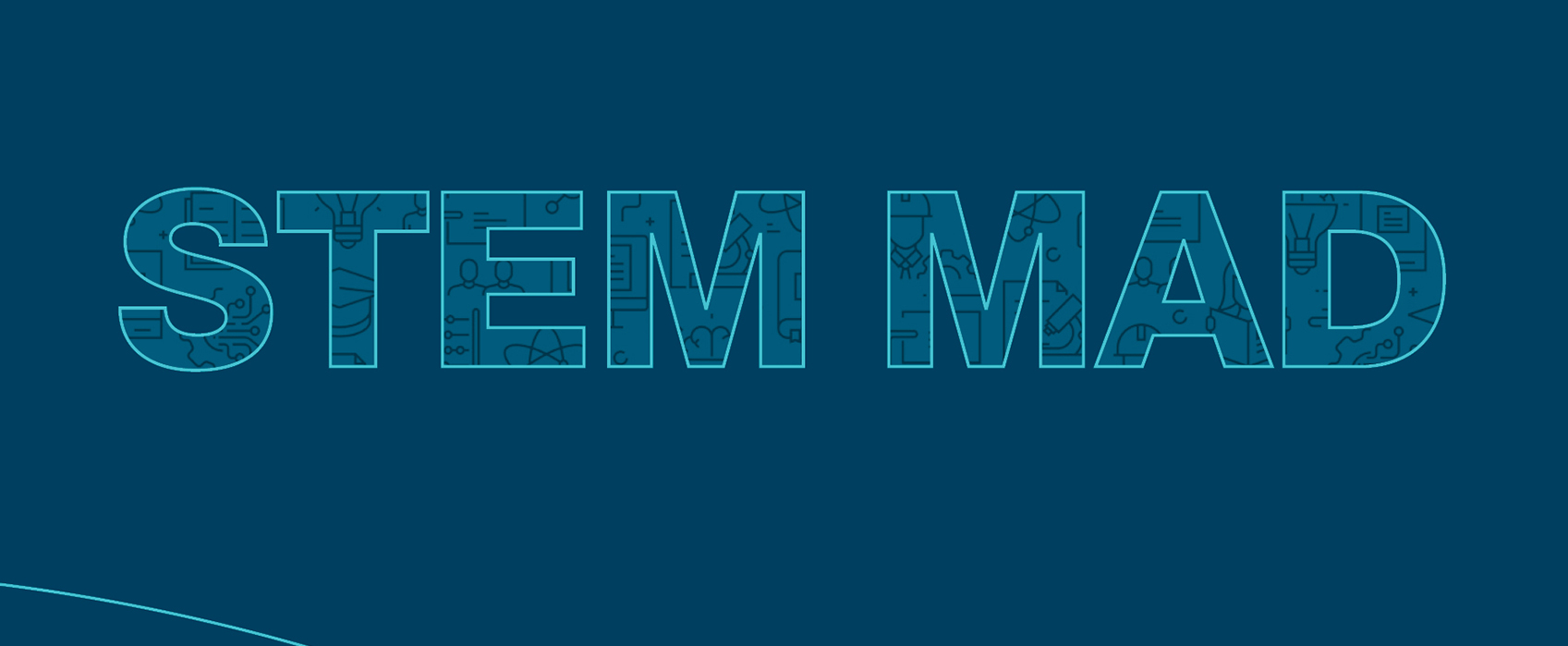
EVERYONE’S WELCOME AT A CATHOLIC SCHOOL.
Discover your local
Catholic school during
Catholic Schools
Open Week
August 4-10



Discover your local
Catholic school during
Catholic Schools
Open Week
August 4-10




Innovative students from across Adelaide have come together for the inaugural CESA STEM MAD Showcase.
The Showcase is the culmination of months of work by students in Years 4 to 12 across Catholic Education SA (CESA) to design a product, service or innovation to Make A Difference (MAD) to others or the environment.
Held on September 22 at the Catholic Education Office Thebarton, eleven student teams from six Catholic schools showcased their designs that give innovative solutions to real-world problems using Science, Mathematics, Engineering and Technologies.
Through Terms 2 and 3, student groups used design thinking processes to develop their project and submit a 90 second video pitch showcasing and explaining their idea.
The students then came together at the Showcase to present their projects with working models or digital prototypes.
Each team in the primary and secondary categories were given the chance to give a 3-minute presentation of their ideas for a judging panel of CESA staff members. Other events on the day included a drone obstacle course and a design challenge to create a Social Distancing Sport.
The event was organised by members of CESA’s Learning and Curriculm Team. Melanie O’Leary, Education Advisor: Middle Years told the students they can use their passions for science, maths, engineering or technology to make a difference in the world for the common good.
“We can tell you after seeing your presentations today, we are confident that the world is in the hands and minds of young people who are deeply critical thinkers, who are creative and have the ability to collaborate with others. You are able to think morally, ethically and globally and you are the young people who are going to be our next leaders, and this is a truly marvellous thing.”
The Showcase included a vertical garden from a St Paul’s College team that were awarded $5000 as state-wide finalists in the Andy Thomas Space Foundation Schools Challenge. Their win has allowed them to implement their proposed idea of exploring how space technology of vertical farming could help the people of Mangaran, a remote Indonesian village. The garden made of readily obtainable, recyclable materials can produce commercial quantities of rice and vegetables to reduce the village’s dependency on imported food, potentially develop an export industry and remove the need for deforestation to plant palm groves.
Congratulations to the winning teams from St Mary’s College (primary) and Gleeson College (secondary) who will have their ideas presented at the National Catholic Education STEM MAD Showcase along with many other dioceses across the country, which will be hosted virtually from Melbourne on November 16.

Over 300 students from 34 Catholic schools across SA attended a breakfast celebrating Women in STEM, supported by Optus.
Catholic Education South Australia partnered with the communications giant to host the event for students, industry and educators, designed to provide girls with role models who currently work in STEM occupations.